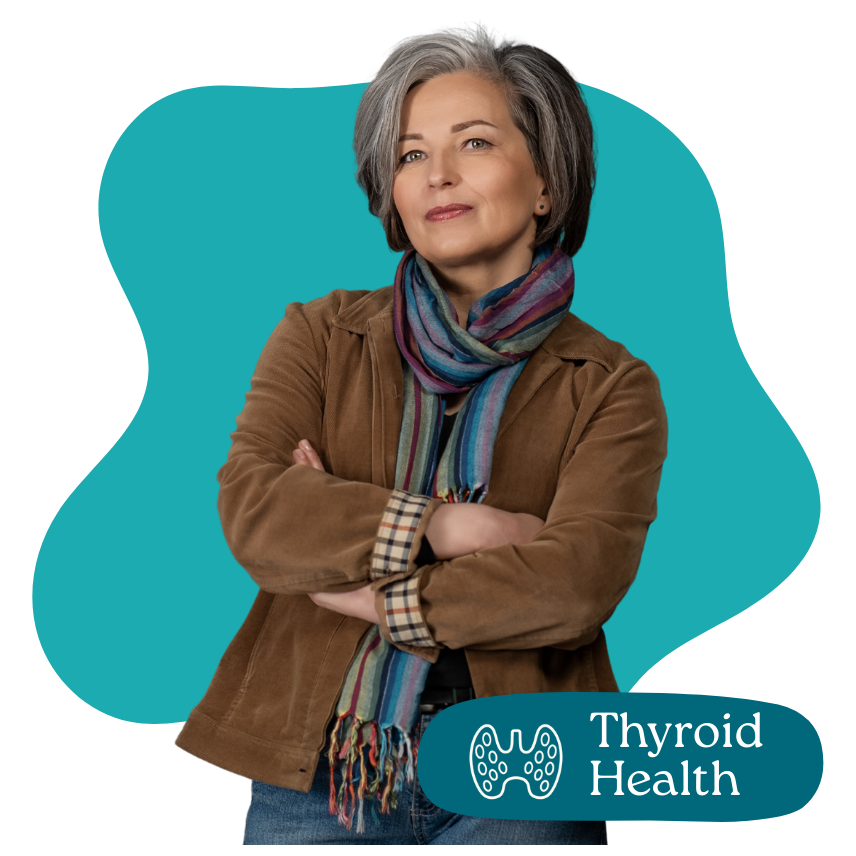- Type: Individual Test
Thyroid Bundle 1 - TSH, free T3, free T4, thyroglobulin antibodies, and thyroid peroxidase antibodies
Order now and you'll receive your lab requisition within 24 hours.
Test Type:
Test Method:


Thyroid Bundle 1 - TSH, free T3, free T4, thyroglobulin antibodies, and thyroid peroxidase antibodies
Lab Testing is Simple, Fast, and Convenient
Choose the individual test or lab panel that suits your health needs. You’ll receive your lab requisition within 24 hours. Visit any of the 3,000+ Quest Diagnostics centers using the button below. Once your sample is collected, your results will be securely delivered via email within 7–10 days.
View Quest Draw Locations



Lab Testing is Simple, Fast, and Convenient
Choose the individual test or lab panel that suits your health needs. You’ll receive your lab requisition within 24 hours. Visit any of the 3,000+ Quest Diagnostics centers using the button below. Once your sample is collected, your results will be securely delivered via email within 7–10 days.
View Quest Draw Locations




